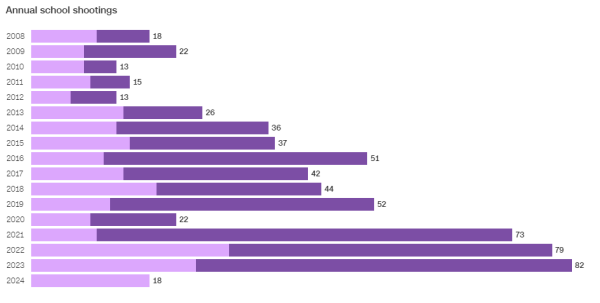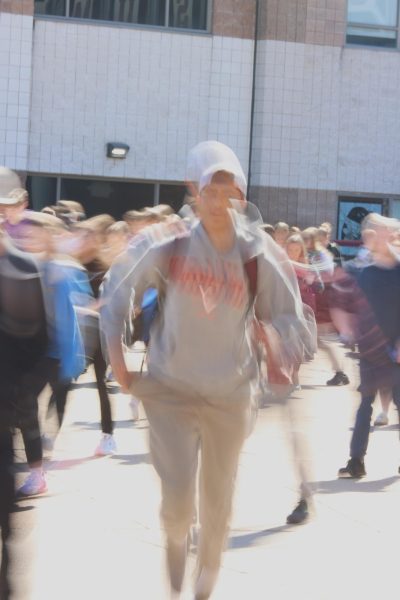District removes six titles due to new law
Rockwood School District has removed 22 books, the most of any school district in the Missouri area, in response to the passing of a new Missouri law.
Missouri Senate Bill 775 went into effect on Aug. 28, which makes it a class-A misdemeanor for librarians or teachers to give visual sexual explicit materials, which means many of the banned titles are graphic novels. However, this isn’t the beginning of calls for censorship in the district. Back in December, the review committees chose to retain six titles that numerous parents challenged (one of these being Gender Queer by Maia Kobabe, which was removed in August). Furthermore, bans have been rapidly increasing at the national level. The American Library Association (ALA) found that from Jan. 1 to Aug. 31, 681 attempts have been made to restrict or ban library resources. They found that there was a 67% increase in attempts to ban books from September 2020 to September 2021.
While it is understandable many parents would want to prevent their children from viewing sexually explicit content, students wanting to read these narratives should be able to choose whether or not that content is appropriate for them. Many novels don’t include sexual content just to have sexual content, they rather include that content to offer different perspectives or inform individuals about series topics, such as sexual assault or gender expression. However, sexually explicit reasons are not the only reasons calls for bans are occurring on the national level. PEN America found that 22% of banned books contained sexual content, while 41% of banned books contained LGBTQ+ narratives. It’s true that these narratives, just like any other piece of media, are not for everyone, but many of these books include powerful narratives that certain groups of people can relate to. Why should an individual emotionally mature enough for that narrative be banned from reading it? Restrictions on books not only limit students in pursuit of different perspectives from seeing them, it also calls additional attention to the books. In some instances, increased publicity surrounding the attempted ban have caused sales to increase, while other bans have cemented certain books as iconic cultural staples.
Instead of completely removing all materials certain parents deem inappropriate, there should be content warnings available so the students who do not want to read these materials can avoid them. Books could include optional ratings that students could request before checking out the novel. We shouldn’t prevent students from taking in and understanding different perspectives if they are open to them. Being able to search out and learn from different perspectives is truly an essential part of learning. The Talon believes that banning books because of the different perspectives they include often does more harm than good for a community, and students should have the freedom to choose what books they want to read.


